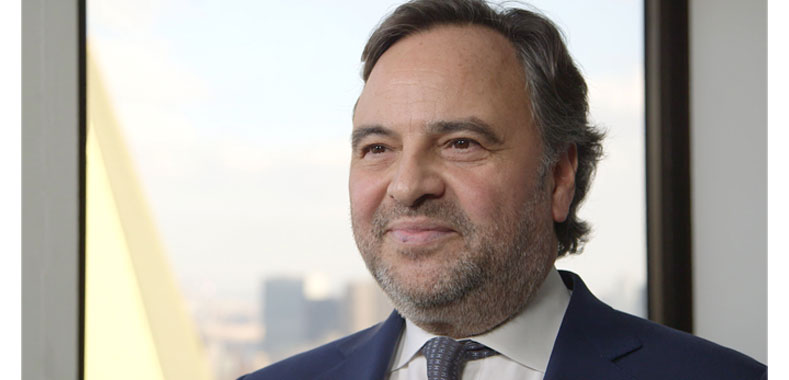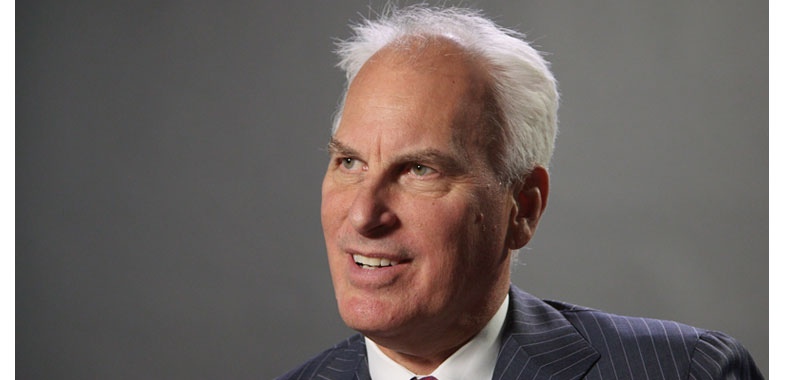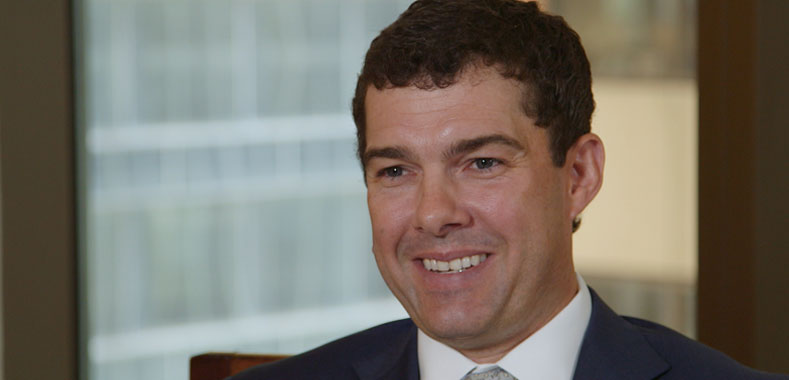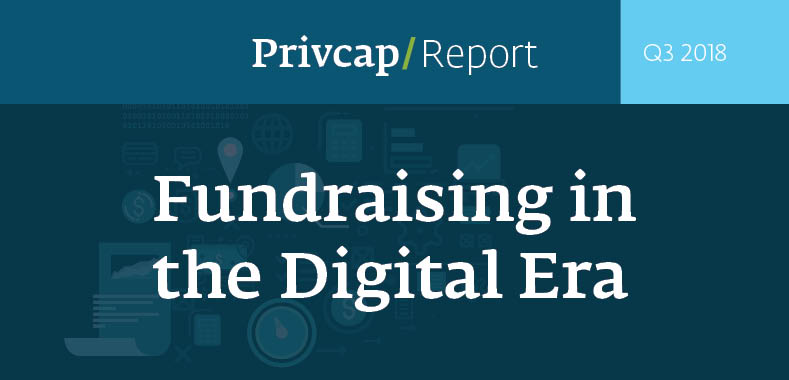What’s Hot in Fundraising: Specialization and Emerging Managers
Download the article here
In a recent conversation with Privcap, Eaton Partners’ Jeff Eaton explains why limited partners are increasingly interested in “micro-specialized” managers as well as firms formed by spin-out groups
Privcap: What are the most important trends right now in private equity fundraising?
Jeff Eaton, Eaton Partners: One is a trend towards more specialization. The other is investors wanting to back emerging managers that are spinning out of more established firms.
Privcap: Your firm has raised a great number of what you call “micro-specialized” funds. What does that mean?

Eaton Partners
Eaton: What I mean by that is a very specific strategy or very specific geographical focus. For instance, we’ve seen a lot of focus on the industrial space. Twenty years ago, people were doing industrial as part of a broader, generalist strategy. Now, we’re seeing investors want to place very specific investments with managers that they believe are best in class, where there is a real opportunity to add operational value.
We’ve also had success raising geographically specific funds. For instance, a Japanese buyout fund. For a long time, people did not think buyouts could exist in Japan. Our managers have proven otherwise and that was a very successful fundraise.
Privcap: What’s driving investor interest in micro-specialization?
Eaton: Investors are looking for, I don’t want to call them arbitrage situations, but opportunities where maybe a certain industry or certain geography is undervalued compared to others. In addition, as investors mature, they place more specialized bets. An analogy I often use is, if you’re building out your personal investment portfolio, the first thing you probably invest in is an index fund. You could take some of the generalist buyout funds and view them almost as index funds. That’s not anything against them—they clearly have done very well—but, as you get more experienced, more confident, you start to place more specialized bets.
Privcap: Why the investor enthusiasm for emerging managers?
Eaton: Based on empirical evidence, there’s no doubt that emerging managers have historically outperformed. Yes, there’s more startup risk. There’s a risk that a first-time fund doesn’t make it, or that the team doesn’t stay together, but those that do have typically outperformed more established managers focused on the same space. I would say another big factor for an LP is they’re making a 10-year or often longer commitment to somebody, and they’re saying, “Hey, rather than investing in the fund that’s being managed by some individuals who may only have one fund left, let’s look for someone that we can maybe back for the next three or four funds.”
If you think about the evolution of the private equity industry, we’re seeing the founders of some of the early firms get to retirement age. So, we’re seeing a succession issue. There are some high-quality, very experienced management teams in their 30s, 40s and 50s who either don’t want to wait to be named the successor or have an entrepreneurial bone in their body and they want to go out and raise their own funds.
Eaton Partners’ Jeff Eaton explains why limited partners are increasingly interested in “micro-specialized” managers as well as firms formed by spin-out groups.














